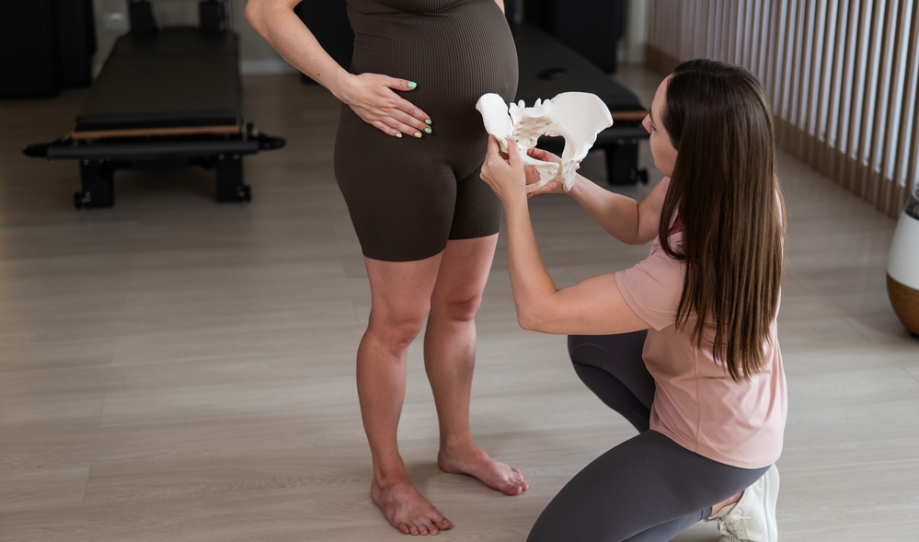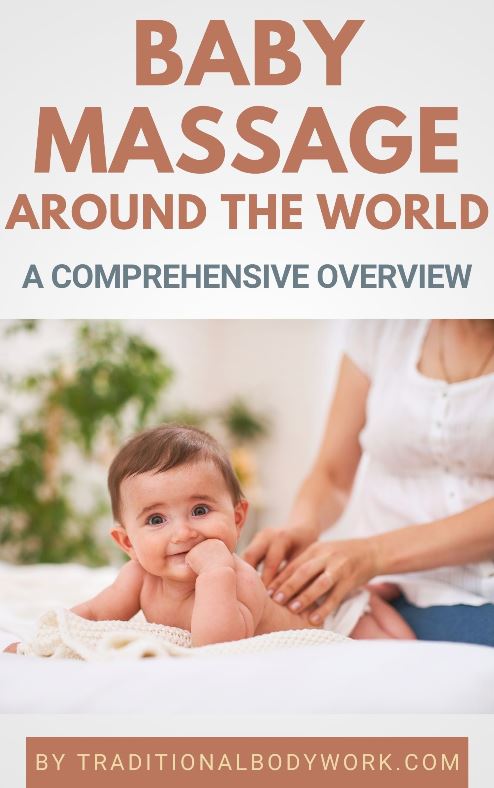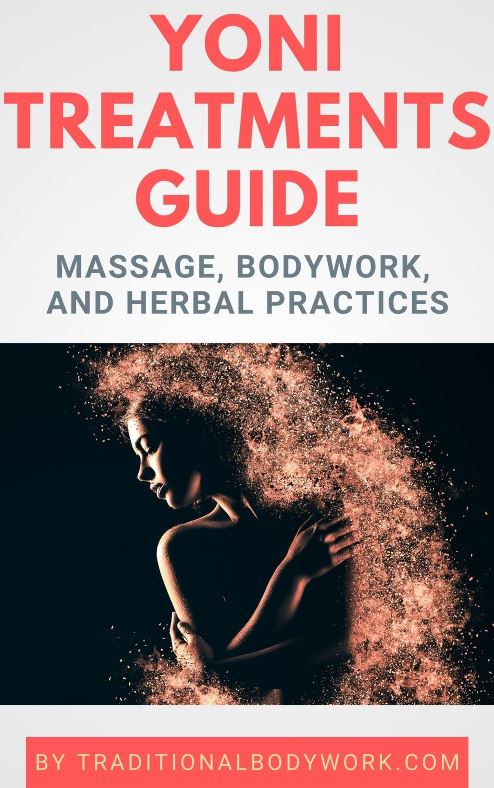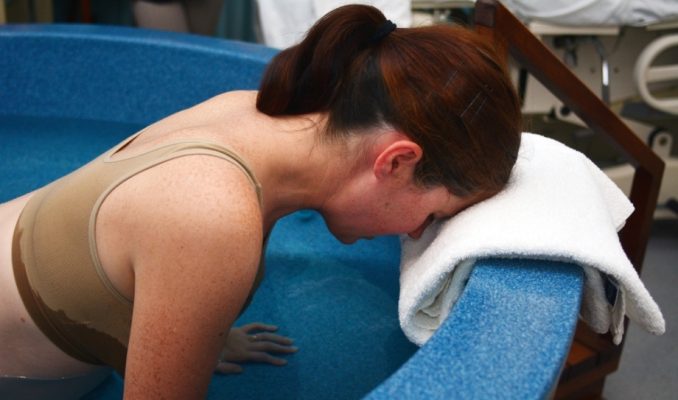
In this post, we give you some pointers of how to find the best Doula for your needs, and how licensing and accreditation works for Doulas.
Finding Your Doula
Perhaps the most efficient and sure way to find a proficient Doula is by checking with organizations that train and certify doulas. They usually have practitioner lists in their database available to the public. Simply type “doula organizations” + your country name in a Search Engine and you’ll surely get some of the prominent Doula organizations listed on your screen.

And if you happen to live in the United States, you can also check out our post Doula Organizations in the United States | Training, Certification, and Resources, which gives you an overview of the best known Doula organizations and associations.
Apart from checking with Doula organizations, you may also inquire with your healthcare provider — such as a midwife, doctor, hospital, gynecologist, or obstetrician — who may have a list of recommended Doulas in the region. Asking around in your community, or among your family, friends, and acquaintances may also be a great option.
It’s good practice to first meet a prospective Doula in-person before deciding to hire one. In this way, you get to know each other and see if there’s a good “non-judgmental click” between the two of you (and with your partner or family, if applicable).
In addition, it could be important to check if your future Doula is certified for the type of care you intend to obtain, and what kind of credentials, specializations, and experiences they have.
Another aspect is the way the Doula will deliver their services. For instance, how will they attend to you in labor, what exactly are the various services they (can) supply, is there a limit on the services (number of meetings or time spent), what is the price of their services, is there a backup option if your Doula cannot attend, and so on.
Doula Training, Certification, and Licensing
As a general rule, certification and licensing is not required to work as a Doula, but mind that Doulas are not allowed to perform medical procedures, give medical advice, or prescribe medications.

Nevertheless, individuals can obtain different types of certifications — such as Birth Doula, Postpartum Doula, Bereavement Doula, Adoption Doula, and so on — in order to prove they have been trained in the specific domain they work in or want to work in.
Some individuals become a Doula by learning on the job from an (experienced) mentor who is already working as a Doula. However, it may prove difficult for them to obtain clients if they’re not in some way officially trained and certified by a trusted Doula education and certifying provider.
The above becomes particularly important in cases where certain healthcare insurance companies or healthcare country or state programs cover Doula care. In these situations, Doulas are usually obliged to meet relevant qualification standards in order for clients to have their Doula care covered.

In practice it means that each insurance companies or governmental administration (either on country level or state/province level) will ask for some specific requirements, such as a minimum number of course training and practicum hours, a minimum age, certification by certain appointed Doula certifying organizations, being CPR-certified, training in food safety, passing a criminal background check, and/or having a number of proven years of experience, and so on.
Nonetheless, it’s good to keep in mind that due to the lack of official or governmental standardization and regulation in the field, each Doula certifying organization or Doula education provider provides different courses with different content, different numbers of theoretical and practical training hours, and different general requirements and outcomes.
Doula training may be virtual (typically a live virtual training course or workshop), in-person (the requirements for course or workshop completion are done in-person), or hybrid (having a virtual and in-person component). In addition, depending on the training provider, they will need a certain number of practice or attendance hours (for instance, having attended several births, etc.)
















